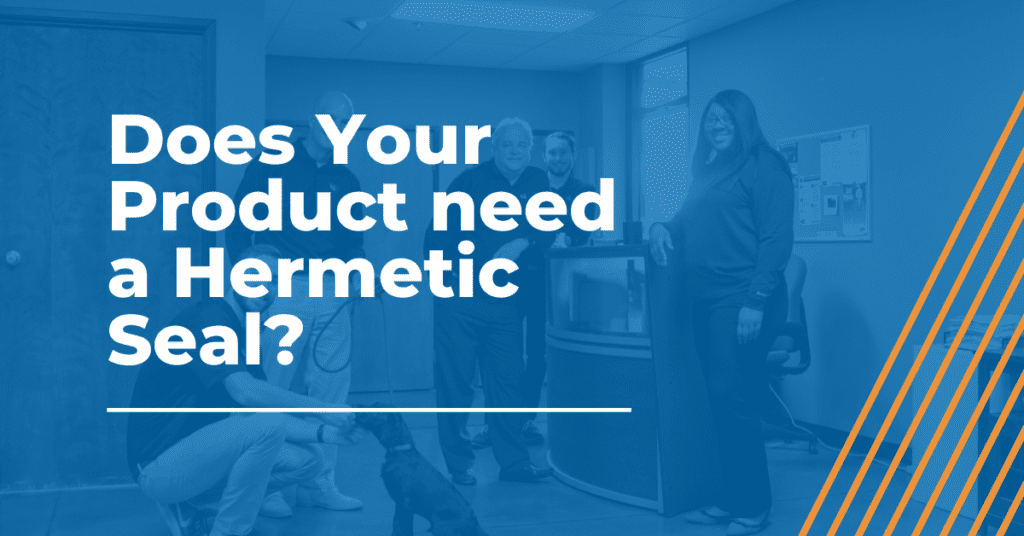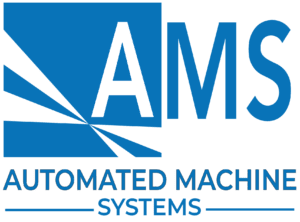
Does Your Product need a Hermetic Seal?
When choosing a welding machine, it’s important to take into consideration all of the standards to which your products must adhere. One such possibility is a hermetic seal. While not all applications require a hermetic seal, those that do can’t afford to get by without.
Hermeticity refers to an object that has been sealed to be airtight. A food package, for example, might be hermetically sealed to prevent the flow of gases and preserve the contents. Though all materials are somewhat permeable to gas, a devise that has been hermetically is least susceptible.
The push for hermetic seals originated with the military, as they identified critical electronic and mechanical applications were failing due to moisture exposure. Hermetic packaging was developed to keep the equipment from failing, and today hermetic seals are used for everything from NASA equipment to household storage.
One of the many fields that relies on hermetic seals is the medical industry. The medical industry relies heavily on welds that are hermetically sealed for medical devices and instruments. Hermetic seals help ensure that medical devices, instruments, and other equipment are safe from contamination.
Leak testing, through the methods such as a pressure-decay system, is used to measure hermeticity by evaluating the leak rate. Depending on the application, the acceptable leak rate will vary. Hermeticity can be improved upon by using the right materials and welding machine for your specific component.
AMS provides plastic joining systems – like our spin welding machine – that can perform reliable welds with strong, hermetic seals. We also have quality leak testing systems to help you measure the hermiticity of your products. If you need a system or help configuring a system to produce a hermetic seal, contact us. Our engineering team would be glad to help.
At AMS we are all about standard products that exceed your expectations and provide maximum value.
